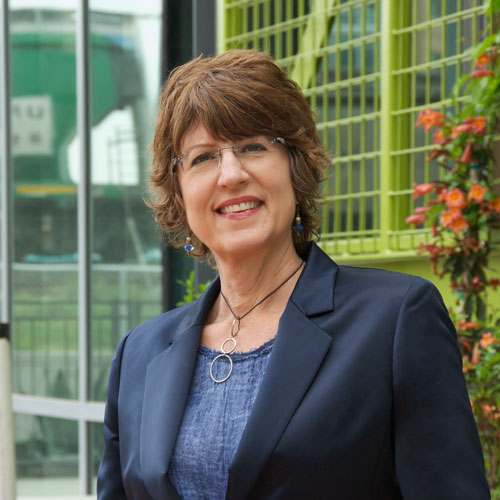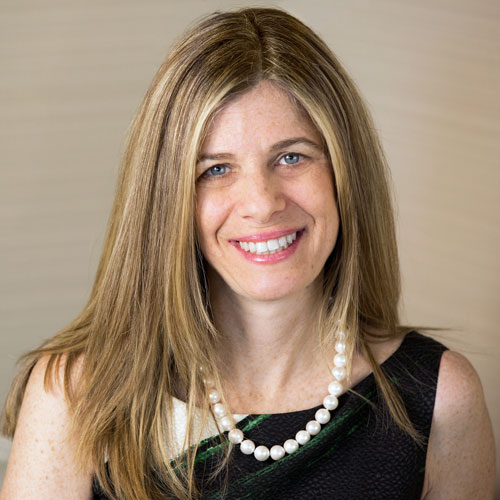
What made you want to start your own business venture?
I always had the entrepreneurial side in me. I think that comes way before you can even think of what your profession will be. When it came to school, I wasn’t someone big on it until I discovered real estate.
How did you decide to team up with your partner, Mike Stillwell?
When I first started, I wanted to do it on my own, but I realized what my weaknesses were. I have great ideas, but when it comes to executing them, I need a bit of help to bring them across the finish line. In real estate, you need an executioner. When I met Mike, he was a struggling builder, and I saw his potential. We were like two puzzle pieces put together. We were complete strangers, but he’s like a brother to me now.
After meeting Mike, how did you get your business off the ground?
After I graduated from Penn State University, I was working at Ryan Homes. I wanted a fully integrated real estate company. With all the disasters and complexities that I had heard of between developers and contractors, I didn’t want my company to be run like that. By doing your own construction, you reduce costs and manage your risks. When I came to Philadelphia, I was trying to build houses and build my business. I sent some of the work out to Mike as a trial period, and it was a rough start. There was an issue with a contractor, and he had to build this house on his own. But, he is very mechanically inclined and quick to learn.
How would you describe your management style?
Back to Mike and I, we kind of play the “good cop, bad cop.” My management style is one where I sell the vision. I put it out there and tell them what I see each person doing for the company. We have weekly accountability meetings with each employee, but I don’t want to micromanage people. It’s not a good long-term strategy.

How do you manage so many projects at once?
Our three-person acquisitions team gets in touch with people who would potentially sell properties. From there, we take these leads and formulate a strategy. We decide on what strategy will let us be socially responsible and get the variance and maximize the amount of money. So, these guys pitch their strategies to me, and I play devil’s advocate to choose.
Construction is the most involved part of the business. Mike takes lead on that. You need to be stern and stay on top of people to move these projects.
The final branch is our nonprofit. At first, I had no knowledge of urban development, but when you move into a city such as Philly, you learn about gentrification. You look at how these new developments affect other people. Over the years, I realized we have a responsibility to these residents. Our primary mission is to provide the education and economic circumstances that are coming through with gentrification. Bill Zandi is currently in charge of Helping Hands.
What are the short-term goals for the company?
We are in the process of finalizing a joint venture with one of our partners in Spain in the next two to three years. They are investing $20 million in equity into our company, which should give us the ability to make our revenue from $25 million to $100 million per year. We want to be able to put out 250 homes per year, with an average sale price of $400,000, and we are simultaneously looking at other cities to expand into that have similar characteristics as Philly. We are looking in Camden, New Jersey; Baltimore, Maryland; and even Detroit.
How has using open data helped with business expansion?
I think we are taking open data to the extreme by investing several thousands of dollars to look into information like zoning permits, finding out who owns properties to analyze what future projects are coming up. We can do a lot with the data that is provided. We’ve come this far, so we are going to continue working in this direction.


